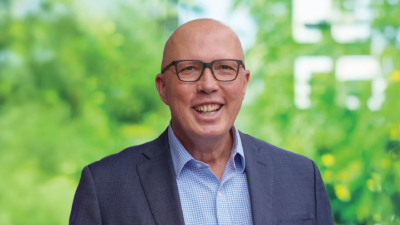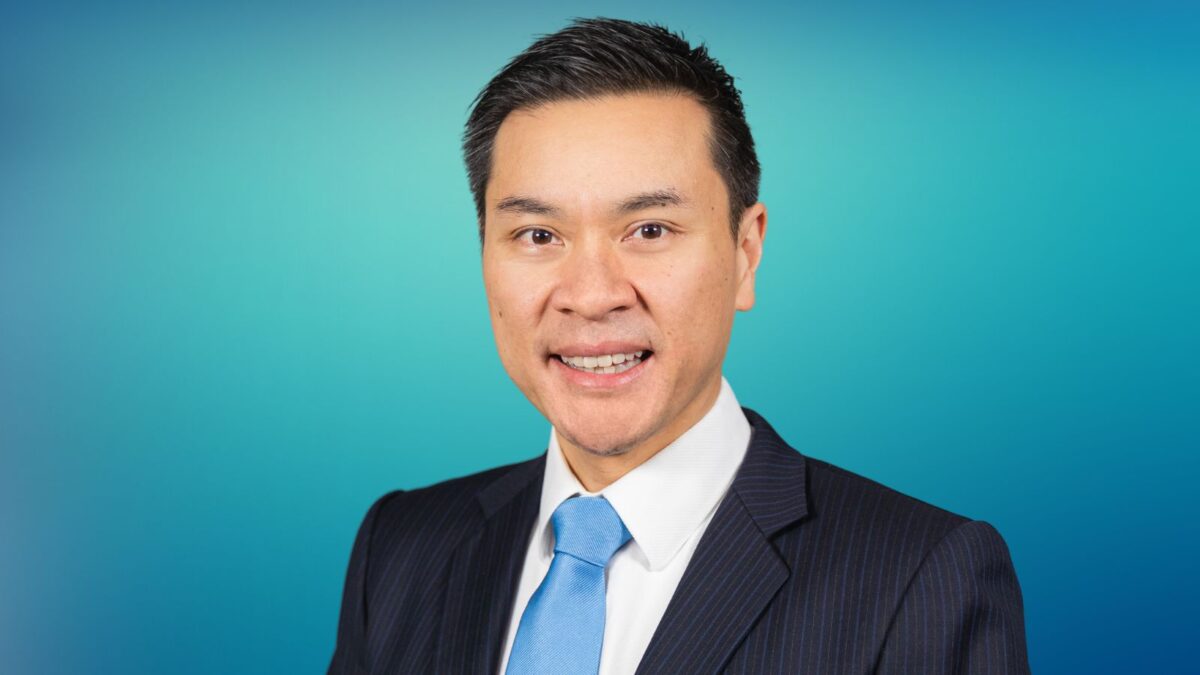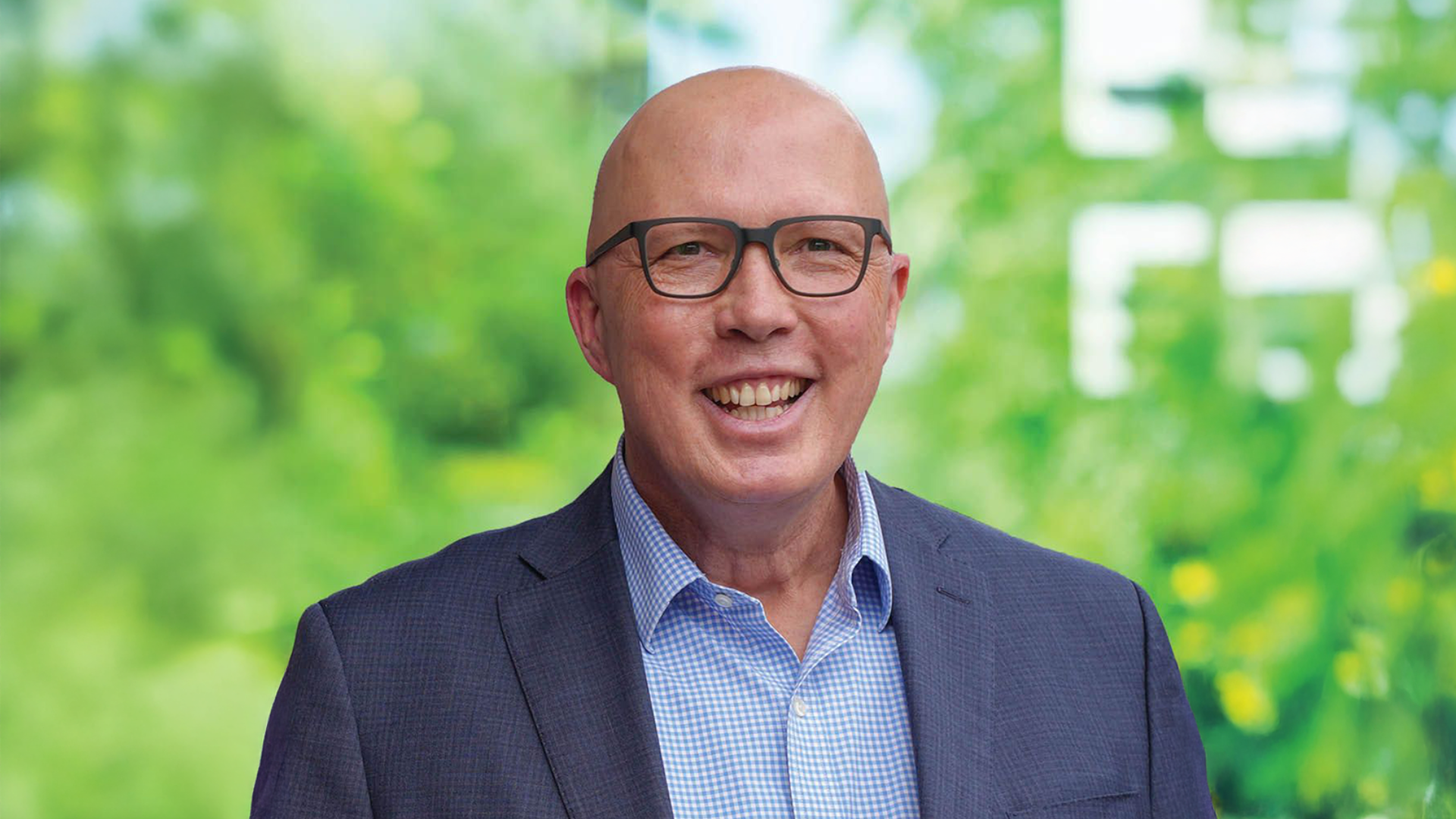Why UniSuper is staying home (for now)
The superannuation industry is no longer split just on quantum of funds under management, but where those funds are managed from, and Aware Super, AustralianSuper and Retirement Trust have all established offshore offices as they direct more and more of their members’ money into international investments.
But the circa $135 billion UniSuper isn’t in a hurry to join them – yet. That’s because gaining an offshore foothold would mean compromising a perfectly functional operating model for an uncertain benefit, according to Thomas Tam, head of global equities at UniSuper.
“Everything we do has to be the best outcome for members,” Tam tells ISN. “If we go to our competitive advantage and why we think we’re unique, it’s that we have a flat structure and we’re all in Australia; most of us get together once a month, even the inter-staters, all on one floor, and we hear about what everybody else is doing; that is an edge.”
“If we start deviating from that, going offshore here, offshore there, there are advantages – you’re closer to the action. But it does start compromising your operating model. We’re one of the leaders in fees, and if we start setting up offshore offices it’s going to be difficult to maintain the culture we have now.”
It’s not a bad model, Tam says, and it probably works for the megafunds already using it. But inside UniSuper the feeling is that it will erode the fund’s je ne sais quoi – the things that “give (it) that edge”, like culture. Unless the returns are compelling enough to risk potentially diluting that, it’s not something they’re in a hurry to do – even if they “do kick it around a lot”.
UniSuper considers itself relatively nimble, owing to that (relatively) flat structure of its investment team – where a listed infrastructure manager might be tapped on the shoulder to help with due diligence on an unlisted infrastructure transaction – a robust delegation framework from the investment committee down, and the fact that it manages around 75 per cent of its assets in-house.
“We want somebody that doesn’t conflict with what we do,” Tam says. “Things that require large teams or an on-the-ground presence aren’t our cup of tea. That compromises our operating model, where we try to be competitive on fees.”
Tam says India and Japan – where UniSuper has been looking more closely – are two countries where the local advantage counts, and the fund is unlikely to rent office space in either anytime soon. Highly specialised areas like biotech, where the fund doesn’t have anybody with a medical science background, are also ripe for outsourcing.
“When we do outsource it’s things we can’t do in-house – where we don’t have the skillset or the competitive advantage,” Tam says. “When we insource, we think we can do as good if not a better job.”
Right now, the fund is making active investment decisions in the aforementioned Japan and India, where economic tailwinds make the latter particularly attractive, and technology; it’s been there for more than a decade and still likes the thematic, though it does go through tougher periods (ed: this interview was conducted prior to the release of UniSuper’s FY2024 results, which saw the fund return 9.2 per cent in its default).
But while YFYS is seen within the fund as good for the industry (it’s also been good for UniSuper specifically, which snapped up Australian Catholic Superannuation following its YFYS test failure) it still lingers at the back of the investment teams’ minds. It’s meant that UniSuper is less likely explore areas where it lacks conviction, and healthcare is one sector where the fund is less inclined to “let it run”; it still has a position and still likes it, but the size of that position is a lot smaller than it was five years ago owing to factors like the Inflation Reduction Act.
“YFYS is still a very important consideration,” Tam says. “We’re fortunate that we have a decent buffer for the APRA test; having said that, it is a going concern because if you don’t meet the benchmark you have to write to your members. We’re very cognisant of it… It hasn’t really impacted our risk-taking, in terms of whether we think that a position or exposure is, on a risk-adjusted basis, going to make money for our members, we’re going to do it. But like it or not, it’s here to stay.”











